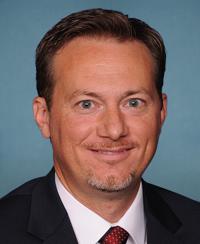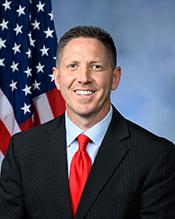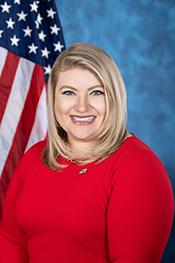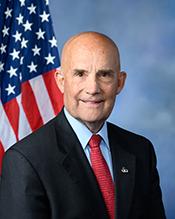H.R. 1599: Dismantling Investments in Violation of Ethical Standards through Trusts Act
This bill, titled the Dismantling Investments in Violation of Ethical Standards through Trusts Act, aims to amend existing regulations concerning financial transactions by senior federal employees and their families. It introduces restrictions on certain financial activities to enhance ethical standards and reduce potential conflicts of interest.
Key Provisions
Definition of Covered Financial Instruments
The bill defines "covered financial instruments" broadly, including:
- Any investments in securities, security futures, or commodities.
- Any economic interests similar to those above, acquired through derivatives like options or warrants.
However, the term does not include:
- Diversified mutual funds or exchange-traded funds.
- U.S. Treasury bills, notes, or bonds.
- Compensation earned from the primary occupation of a family member of a senior employee.
Prohibition on Transactions
Senior federal employees, their spouses, and dependent children are prohibited from:
- Holding, purchasing, or selling any covered financial instrument during their term of service.
Exceptions include:
- Sales completed within specified time limits after the law's enactment.
- Instruments held in qualified blind trusts.
- Certain instruments exempt under existing conflict of interest regulations.
Penalties for Non-compliance
If the prohibition is violated, senior federal employees and their families may face the following penalties:
- Disgorgement of profits gained from improper transactions.
- Inability to deduct losses from taxes related to these transactions.
- Civil fines imposed by ethics offices.
Certification and Compliance
Senior federal employees must annually certify compliance with the bill's requirements. These certifications will be published on a publicly available website to ensure transparency.
Authority and Implementation
The supervising ethics office will be responsible for enforcing the requirements, including publishing guidelines and assessing fines for any violations. The office would also have the authority to provide extensions for compliance if employees show good faith efforts to divest from covered financial instruments.
Audit Requirement
Within two years after the bill is enacted, the Government Accountability Office is tasked with auditing compliance to evaluate how effectively the provisions are implemented.
Implementation Timeline
The amendments outlined in the bill will apply to the relevant individuals beginning 12 months after the date the bill is enacted.
Funding
The Director of the Office of Management and Budget can reallocate funds from executive branch program budgets identified as duplicated for the implementation of this bill, with the funding remaining available for up to five years after enactment.
Relevant Companies
None found
This is an AI-generated summary of the bill text. There may be mistakes.
Sponsors
5 bill sponsors
Actions
2 actions
| Date | Action |
|---|---|
| Feb. 26, 2025 | Introduced in House |
| Feb. 26, 2025 | Referred to the Committee on Oversight and Government Reform, and in addition to the Committee on Ways and Means, for a period to be subsequently determined by the Speaker, in each case for consideration of such provisions as fall within the jurisdiction of the committee concerned. |
Corporate Lobbying
0 companies lobbying
None found.
* Note that there can be significant delays in lobbying disclosures, and our data may be incomplete.
Potentially Relevant Congressional Stock Trades
No relevant congressional stock trades found.




